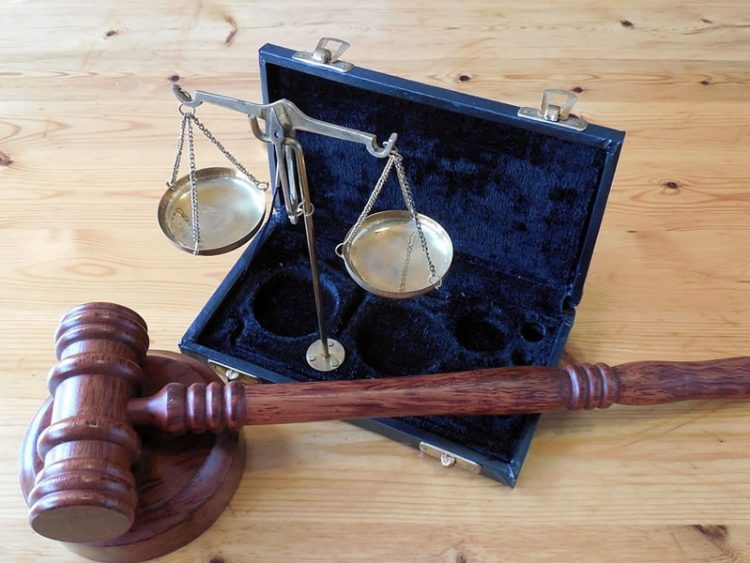By Mifsud & Mifsud Advocates
The action to reverse an act of spoliation is intended to stop a person from taking the law in his or her hands.
This was held in Joseph Farrugia et vs Carmelo sive Charlie Spiteri on 30 May 2023 before the First Hall of the Civil Courts, presided by Judge Joanne Vella Cuschieri. The plaintiffs explained in their sworn application that they possess land in Siggiewi and they have a right of way through a gate together with a small door that closes with some wiring.
In September 2020, the Defendant closed the gate with a chain and a padlock and another padlock on the small door. The Farrugias asked the court to declare that there was a spoliation and to order the defendant to remove the padlocks. The Defendant filed a state statement of defence wherein he asked that the Plaintiffs prove their possession. The Defendant also held that there existed no element of violence.
The Court analysed the evidence produced before it. The Plaintiff Joseph Farrugia explained in his affidavit that his son has a temporary emphyteusis and pays rent to the Defendant. It is Joseph Farrugia and his wife who work the land. In his cross-examination, he denied having an argument with Spiteri with regard to the gate. He described that before the small door was placed there were tanks blocking the passage.
These were removed and a pallet was placed with some rope closing it. He saw the Defendant’s parents place a padlock on the small door. Charles Farrugia testified that he inherited the temporary emphyteusis from his uncle and since he was unable to work the land he asked his parents to take care of the land.
The emphyteusis of 99 years started in 1922 and therefore, not is expired. He confirmed that before September 2020. The Defendant testified that two years before his father saw that the small door was closed with wire and a padlock. He suspected that Giuseppi Fenech had done this and rang him and Fenech said he had closed the door in this manner. He could not feed his stock and returned home.
The situation remains like this for three days, until they forcefully opened the gate. The was another occasion when he found a padlock and the Plaintiffs admitted that they placed the locks. He explained that he and his father need access every day. He admitted to placing the chain and padlock and also placing a padlock on the small door. He also admitted to having the keys of the padlock and does not want to give the plaintiffs a copy of the keys.
The court then analysed the legal issues at play. Article 535(1) reads: “(1) Where any person is by violence or clandestinely despoiled of the possession, of whatever kind, or of the detention of a movable or an immovable thing, he may, within two months from the spoliation, bring an action against the author thereof demanding that he be reinstated in his possession or retention, as provided in article 791 of the Code of Organization and Civil Procedure.”
There are three elements of spoliation: the first is possession, the act of spoliation and that the action must be filed within two months. The action of spoliation is needed to protect those who are in possession against someone taking the law in his or her own hands. This action guarantees social order. If one violently dispossesses someone then that person who hand back the possession.
The Court quoted from Delia vs Schembri decided on 4 February 1958 by the First Hall of the Civil Courts which held that the action is intended to stop people to take matters in their own hands instead of seeking the intervention of the Court. In another judgment, Margherita Fenech vs Pawla Zammit of 12 april 1958, the Court held that possession is something which may be for a short time or even momentarily. In Alfred Paul Farrugia noe vs Peter Paul Cutajar decided by he First Hall of the Civil Code on 13 February 2004, held that the Plaintiff must prove that the action was instituted within two months from the act of spoliation. Therefore, the action must be immediate. As to this case, the Parties disagree with the facts and how the gates were closed. However, as a fact the Plaintiffs were unable to enter their fields.
Then the Defendant admitted placing padlocks. Therefore, the elements of possession and the act of spoliation were proved. The action was filed within one month from when the padlocks were placed. The Court then moved to uphold the Plaintiffs requests and ordered that the padlocks be removed.
Av. Malcolm MifsudPartner




